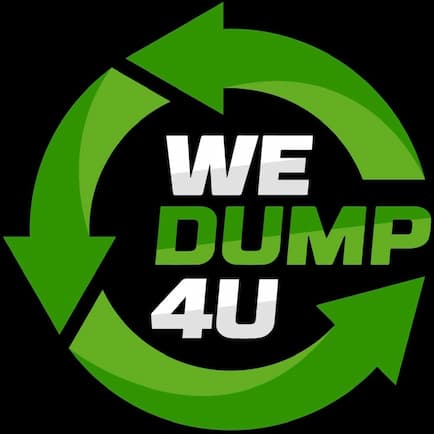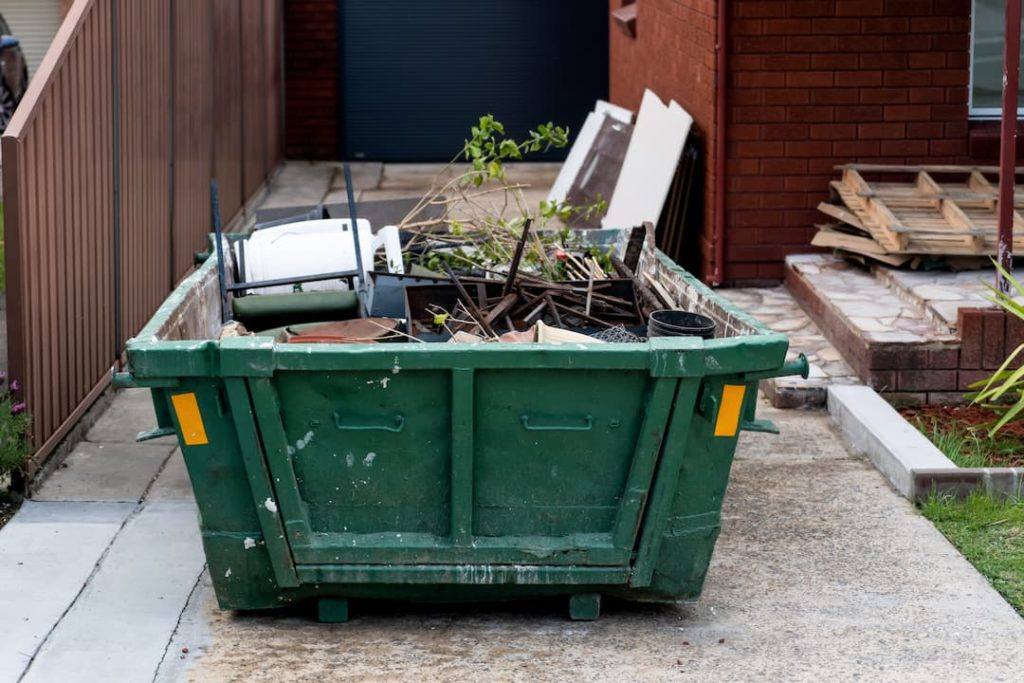If you’ve never booked a skip before, it can be tricky to know which size is right for your project. Too small, and you’ll end up paying for an extra collection. Too large, and you may waste money on space you don’t need. There are significant benefits to hiring a skip, whether that be cost-effectiveness, or cleanliness and ease. But knowing the type of skip you need and for how long can be the tricky par.
This guide to skip sizes is designed to help UK homeowners, DIYers, and small business owners make an informed choice when hiring a skip. From mini skips for modest garden clearances to builders’ skips for full renovations, we’ll walk you through the options so you can decide which size best suits your needs.
Why Skip Sizes Matter
Choosing the right skip size is more than just a matter of convenience. It affects:
- Cost efficiency – Hiring a skip that matches your waste volume means you won’t overspend.
- Project timelines – The right size ensures you don’t delay work waiting for waste collection.
- Legal compliance – Overfilled skips are not allowed in the UK and may result in extra fees.
- Environmental impact – Properly managed skip loads allow waste to be sorted and recycled responsibly.
Understanding Skip Capacity
Skips in the UK are typically measured in cubic yards (yd³). One cubic yard is roughly the size of two standard washing machines placed side by side. This makes it easier to visualise how much waste each skip can hold.
Here’s a quick overview of sizes of skips:
- 2-yard skip – Around 20-30 bin bags
- 4-yard skip – Around 30-40 bin bags
- 6-yard skip – Around 50-60 bin bags
- 8-yard skip – Around 60-80 bin bags
- 12-yard skip – Around 100-120 bin bags
- 16-yard skip – Around 140-160 bin bags
Mini Skips (2-3 Yard)
Perfect for Small Projects
If you’re tackling a light declutter, minor garden clearance, or disposing of a few bulky household items, a mini skip is often the most cost-effective solution.
Pros:
- Affordable and easy to fit on most driveways
- Great for small DIY jobs or spring cleaning
- Reduces the need for multiple car trips to the tip
Cons:
- Too small for large renovations
- May fill up faster than expected if you underestimate waste volume
When to hire: Small garden tidy-ups, bathroom refurbishments, or disposing of old furniture.
Midi Skips (4-5 Yard)
The Versatile Middle Ground
Midi skips are the most popular choice for UK households because they strike the right balance between size and affordability.
Pros:
- Ideal for kitchen or bathroom renovations
- Suitable for both light and heavy waste
- Easier to place on driveways compared to larger skips
Cons:
- May still be too small for full house clearances
When to hire: Medium-sized DIY projects, loft clearances, or small landscaping jobs.
Builders’ Skips (6-8 Yard)
The Classic Workhorse
When people think of skips, they usually picture the builders’ skip. These are the most commonly used sizes for renovation and construction projects.
Pros:
- Large enough for bulky waste like rubble, soil, and wood
- Excellent value for bigger jobs
- Widely available from most UK skip hire companies
Cons:
- Require more space, often need a permit if placed on the road
- Can’t be overfilled due to UK transport regulations
When to hire: Major renovations, extensions, or full property clearances.
Large Skips (10-16 Yard)
For Big Clearances
Large skips are designed for big projects producing significant volumes of waste. They are especially useful when dealing with lighter materials in bulk.
Pros:
- Hold a very high volume of waste
- Perfect for shop refits or large-scale household clearances
- Useful for bulky but lightweight waste like plastics, packaging, and furniture
Cons:
- Not always suitable for heavy waste (restrictions may apply)
- Require ample space and often a road permit
When to hire: Large-scale decluttering, office clearance, or retail refurbishments.
Roll-on Roll-off Skips (20-40 Yard)
Industrial-Scale Waste Removal
While not commonly needed for most households, roll-on roll-off skips are used for major commercial projects and large building sites.
Pros:
- Handle massive volumes of waste
- Reduce the need for multiple collections
Cons:
- Require significant access space
- Higher cost, more suited to businesses than homeowners
When to hire: Commercial demolitions, large construction sites, or multi-property refurbishments.
Things to Consider Before Choosing a Skip Size
1. Type of Waste
Heavy waste (rubble, soil, bricks) is often restricted in larger skips. Always check with your provider before booking.
2. Location & Space
Measure your driveway or parking area to ensure the skip can fit. If it needs to be placed on a public road, you’ll require a council permit.
3. Budget
Larger skips cost more, but hiring two smaller skips may be less economical. Estimate carefully to avoid overpaying.
4. Project Duration
Some companies include a hire period (e.g., 1-2 weeks). Check collection times and fees for extensions.
5. Environmental Responsibility
Choose providers who recycle waste responsibly. Many UK skip hire companies now divert the majority of collected waste away from landfill.
Common Mistakes to Avoid
- Underestimating waste volume – This is the most common error. When in doubt, size up.
- Overfilling skips – UK regulations prohibit waste piled above the rim. This can delay collection and incur fines.
- Ignoring restricted items – Items like asbestos, tyres, or electrical appliances require special disposal methods.
- Not checking permits – If you place a skip on a road without a permit, you risk penalties from your local council.
FAQs About Skip Sizes
How Do I Work Out the Right Size?
Estimate your waste in bin bags or wheelbarrows, then match it to the cubic yard guide above.
Can I Mix Different Types of Waste?
Most general skips accept mixed waste, but plasterboard, asbestos, and certain hazardous materials are not allowed. Always confirm with your provider.
Do I Need a Road Permit?
Yes, if the skip is placed on public land. Your skip hire company can usually arrange this with your council.
Is It Cheaper to Get the Smallest Skip?
Not always. If you underestimate your waste, you could end up paying for a second skip, which costs more in the long run.


